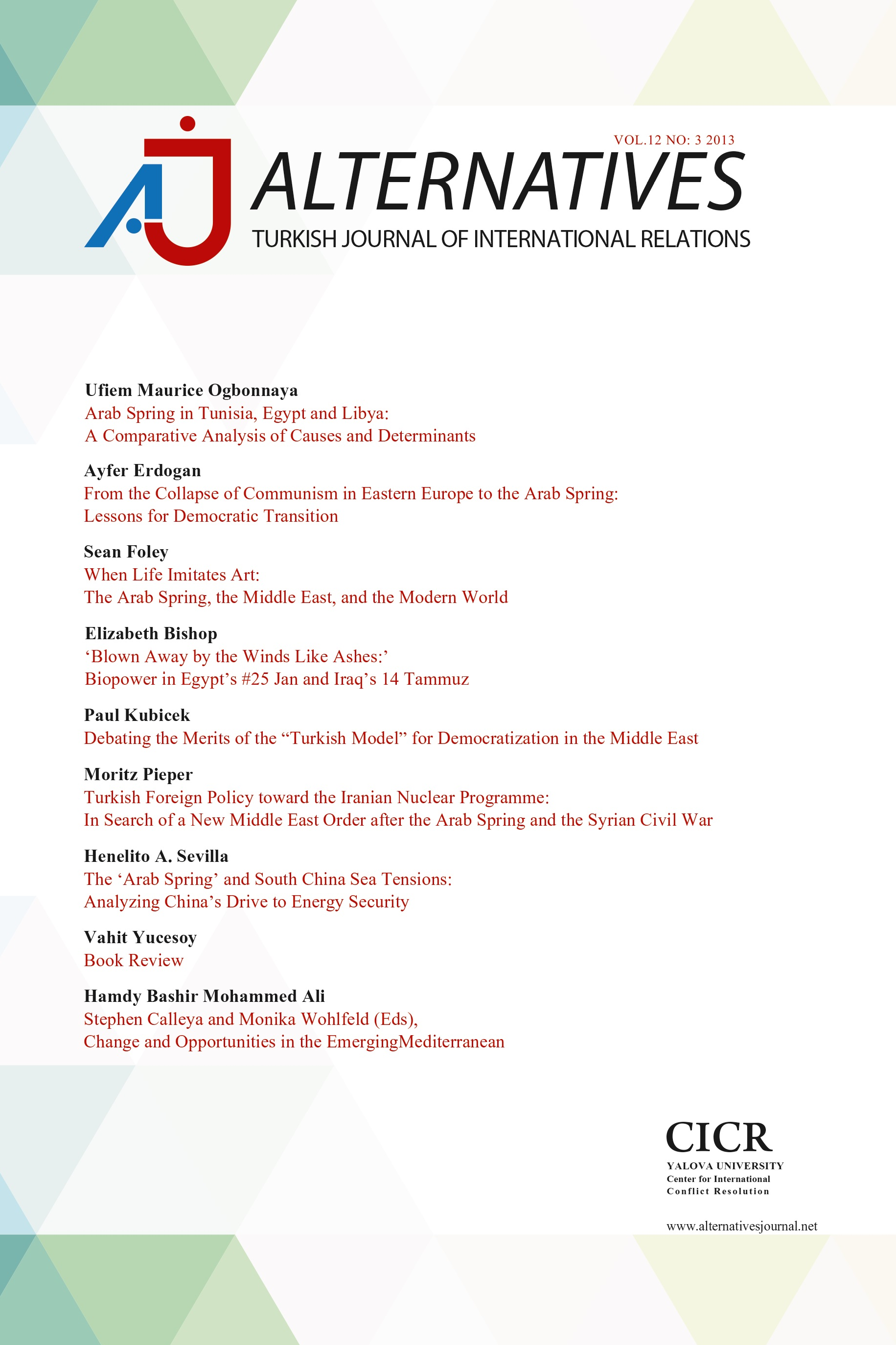The EU-Turkey refugee deal of autumn 2015 as a two-level game
The Syrian refugee crisis has put EU-Turkey
relations under pressure for action, as in 2015 hundreds of thousands used the
Turkey-Balkan route to enter Western Europe. Against this background, the
article aims to analyse the EU-Turkey negotiations of autumn 2015 as a
‘two-level game’, focussing especially on domestic factors in Turkey and Germany
and their possible impact on their governments bargaining power. Specific
domestic factors such as the controversial ‘open-doors policy’ of chancellor
Merkel as well as the hung parliament in Turkey after the June elections are
taken into consideration. The article then applies the basic logic of ‘two
level games’ as introduced by Robert Putnam on the EU/German-Turkish
negotiations leading up to the ‘refugee deal’ (EU action plan) of November 2015.
Among others, it turned out that significant veto powers in both countries were
not in sight and that a non-agreement would have raised the political costs for
the EU side more than for Turkey, thus pointing at an asymmetrical distribution
of bargaining power in favour of Turkey.
Keywords:
Syrian refugee crisis, EU Action Plan, Turkey, Merkel, two-level analysis win-set,
___
- Eight chapters were blocked from further negotiation following a recommendation of the European Commission in autumn 2006 due to a lack of implementation of the extension of the customs union to the 10 new member states from 2004, especially Cyprus. Other chapters were blocked from opening by France and Cyprus, see Horst Bacia, „Ausgang ungewiss – die Verhandlungen über einen Beitritt zur EU“, in Länderbericht Türkei, ed. Udo Steinbach (Bonn: Bundeszentrale für politische Bildung, 2012), 431-463, 455.
- Hans-Jürgen Bieling and Marika Lerch (eds.): Theorien der europäischen Integration. (Wiesbaden: VS 2006); Antje Wiener and Thomas Dietz, European Integration Theory. (Oxford: OUP, 2009).
- ISSN: 2146-0809
- Yayın Aralığı: Aylık
- Yayıncı: Yalova Üniversitesi
Sayıdaki Diğer Makaleler
